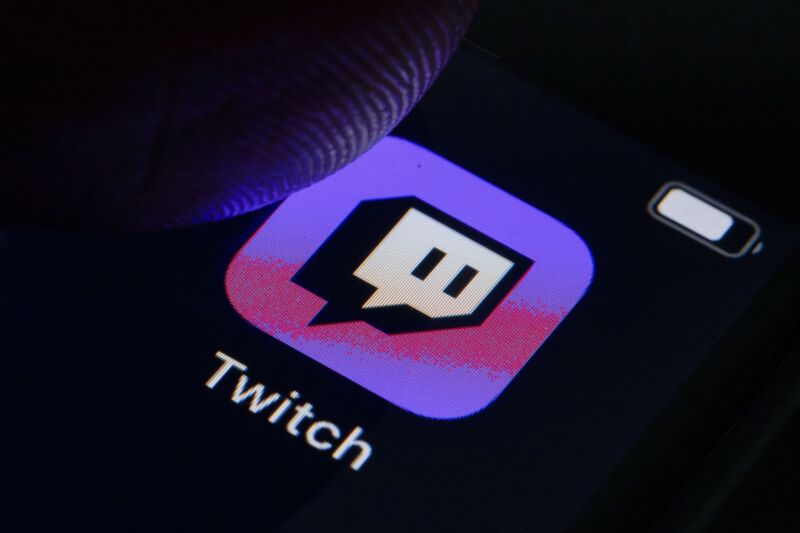
As part of a crackdown on “sexually focused terms” on its platform, Twitch says terms like “simp,” “incel,” and “virgin” will soon be banned when used as insults by streamers or chatters on the popular game-streaming service.
In a livestreamed town-hall presentation yesterday, Twitch COO Sara Clemens said that the terms would be barred specifically when used in a context that “negatively refer[s] to another person’s sexual activity.” Twitch later clarified in a statement that “using these terms on their own wouldn’t lead to an enforcement [action], but we would take action if they were used repeatedly in a harassing manner.”
That largely mirrors Twitch’s existing policy against hateful slurs, which are generally barred but can be used “in an empowering way or as terms of endearment when such intent is clear.” Contextual enforcement of the policy on these words could be important, since many streamers self-identify as virgins or incels, for instance. The term simp (in re: “Someone who does way too much for a person they like”), meanwhile, is often used as generic trash talk rather than with any specific sexual connotation.
Clemens also pointed out that Twitch will be “proactively denying emotes that include the term ‘simp.’ And we remove them when reported, and we’ll keep doing that once the policy changes.” Emotes using those terms will be banned outright, the company said in a statement, “because they can be used across Twitch so we take more proactive measures to minimize the potential for harm.”
Tightening the guidelines
The newly banned terms are part of a wider expansion of Twitch’s general policies on Hateful Conduct and Harassment set to go into effect on January 22. Enforcement of those policies is heavily dependent on context and the impact of the statements in question; Twitch says its safety team “will look at the content of statements or actions in order to determine whether a behavior is abusive and violates our guidelines, rather than relying solely on perceived intent.”
Regarding sexual harassment, the new policies “[adopt] a much lower tolerance for objectifying or harassing behavior” as Twitch puts it. The new guidelines explicitly prohibit repeated comments on “someone’s perceived attractiveness” (positive or negative); lewd or explicit comments related to sexuality or appearance (including public figures); and “unwanted/unsolicited links to nude images or videos.”
The new guidelines also include stricter definitions of “hateful content” and now bar comments on caste, color, and immigration status (in addition to previously protected identity-based attributes such as race, ethnicity, and sexual orientation). Black/brown/yellow/redface will be barred except when used “in an explicitly educational context,” and displays of the Confederate flag will also be prohibited “given its historic and symbolic association with slavery and white supremacist groups in the US.”
Earlier this year, Twitch faced calls for a one-day “blackout” boycott amid allegations of harassment by a number of prominent streamers and Twitch partners.
Twitch has had an inconsistent history in responding to reports of problematic behavior among some of its partners. Last year, the company cut ties with Thomas “Elvine” Cheung after he was arrested in a child sex-trafficking sting. But Australian streamer Luke “MrDeadMoth” Munday initially received only a temporary ban from the platform after he was arrested for assault over an attack captured on stream. Twitch later made that ban permanent after community outcry.
And last year, popular streamer Guy “DrDisrespect” Beahm received a two-week suspension from Twitch after being kicked out of the E3 gaming convention for filming a Twitch stream in a public bathroom.
In May, Twitch publicly rolled out a Safety Advisory Council dedicated to creating new policies and features to “improve safety and moderation” and “protect the interests of marginalized groups” on the platform. The group is made up of “online safety experts and Twitch creators who have a deep understanding of Twitch, its content, and its community,” as Twitch puts it.
https://arstechnica.com/?p=1730376

